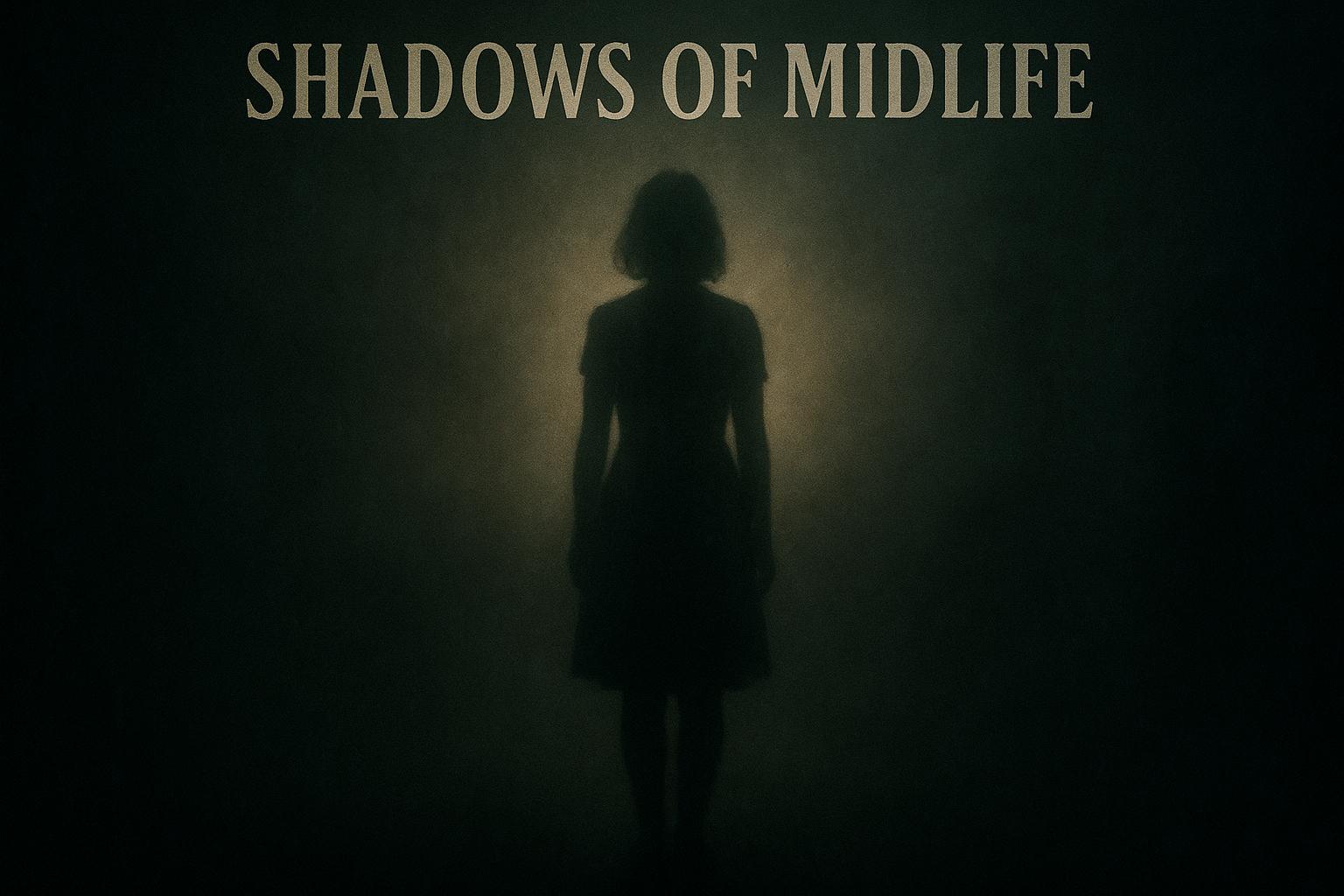Starting from 2026, menopause screening will become a standard part of NHS health checks in England, marking a significant shift in how women's midlife health is addressed. Women aged 40 to 74 attending these checks—offered every five years—will be asked about menopause symptoms for the first time, with the goal of identifying those who may benefit from advice and support including hormone replacement therapy (HRT), medications to ease hot flushes, and counselling. This initiative, announced by the UK government, aims to bring menopause out of the shadows and integrate it into mainstream healthcare to better support women's wellbeing during this often challenging life stage.
Health Secretary Wes Streeting highlighted the importance of this change, acknowledging that many women have suffered in silence, reluctant or unaware of how to seek help for debilitating symptoms. He expressed hope that the new questions, though still being finalised, will encourage more open conversations about menopause and improve the support available to women. "No-one should have to grit their teeth and just get on with what can be debilitating symptoms or be told that it's simply part of life," he said. Campaigners and health experts have long pushed for menopause to receive the attention it deserves, with the Menopause All-Party Parliamentary Group and Women's Health Ambassador Dame Lesley Regan among the proponents welcoming this move as a way to help the 400,000 women entering menopause in the UK each year.
Traditionally, NHS health checks have focused on screening for conditions such as cardiovascular disease, stroke, kidney disease, type 2 diabetes, and dementia by measuring blood pressure, cholesterol, and body mass index, alongside lifestyle factors like smoking and alcohol use. Introducing menopause-related questions into these checks allows the NHS to address a significant yet often overlooked aspect of women's health, particularly given that around three-quarters of women experience symptoms such as hot flushes, night sweats, mood changes, sleep disturbances, joint pain, and cognitive issues like memory lapses and brain fog. These symptoms can last for an average of seven years and severely impact daily life, yet research indicates fewer than one in ten women feel adequately informed to manage them.
Though the exact nature of the menopause questions to be included in the health checks has not yet been decided, the government stresses the potential benefits. By normalising menopause discussions within routine medical assessments, the hope is to reduce stigma, raise awareness, and ensure women receive timely advice and treatment options. NHS guidance already recommends consulting healthcare professionals—including GPs, nurses, pharmacists, and menopause specialists—for support, which may include HRT, lifestyle advice, and talking therapies like cognitive behavioural therapy to help manage symptoms.
Nevertheless, some campaigners caution that low uptake of NHS health checks in certain communities could limit the reach of this initiative, potentially leaving many women without the support they need. Current NHS data show participation varies across different demographic groups, raising concerns that the most vulnerable or underserved women might miss out on this enhanced focus on menopause health.
In summary, incorporating menopause screening into NHS health checks represents a substantial step forward for women's healthcare in England. By recognising the wide-ranging impacts of menopause and embedding routine enquiry into standard assessments, the NHS aims to improve treatment pathways and quality of life for millions of women navigating this significant stage of life.
📌 Reference Map:
- Paragraph 1 – [1] (BBC News), [2] (GOV.UK), [3] (ITV News)
- Paragraph 2 – [1] (BBC News), [2] (GOV.UK), [7] (BBC News)
- Paragraph 3 – [1] (BBC News), [4] (NHS), [6] (NHS)
- Paragraph 4 – [1] (BBC News), [5] (NHS)
- Paragraph 5 – [1] (BBC News), [7] (BBC News)
Source: Noah Wire Services
